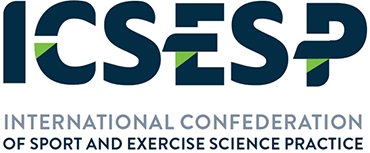CPD and Event opportunities
Professional Development Opportunities


CPD Opportunities, Live online events
Beyond the Discipline: Leadership Journeys of Sport Science Technicians
Wednesday, 28 January 2026 09:30 - 11:00 GMT
Online
In association with
CASES


CPD Opportunities, Live online events
Personalised, holistic and stigma free: how is it a better way to support children and young people living with excess weight?
Monday, 26 January 2026 12:30 - 13:30 GMT
Online
In association with
CASES


CPD Opportunities, Live online events
Effective professional relationships in sport psychology
Wednesday, 21 January 2026 12:30 - 14:00 GMT
Online
In association with
CASES


CPD Opportunities, Live online events
Moments That Matter: Practical Strategies for Sport Practitioners
Tuesday, 16 December 2025 16:00 - 17:30 GMT
Online
In association with
CASES


CPD Opportunities, Live online events
Gaining and Maintaining Clients in your Professional Training
Wednesday, 10 December 2025 12:30 - 13:30 GMT
Online
In association with
CASES


CPD Opportunities, Live online events
Pain Management Webinar
Thursday, 29 January 2026 2:00pm - 3:30pm AEDT
Online
In association with
ESSA
